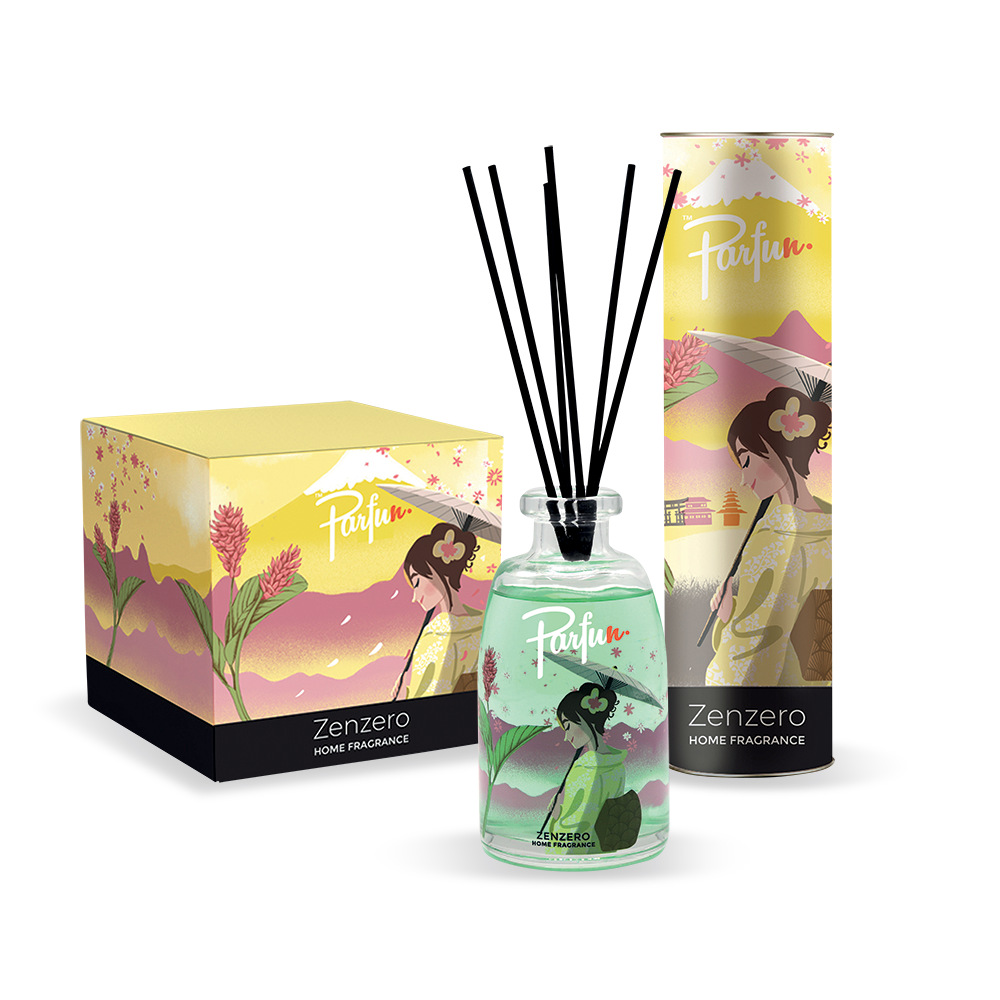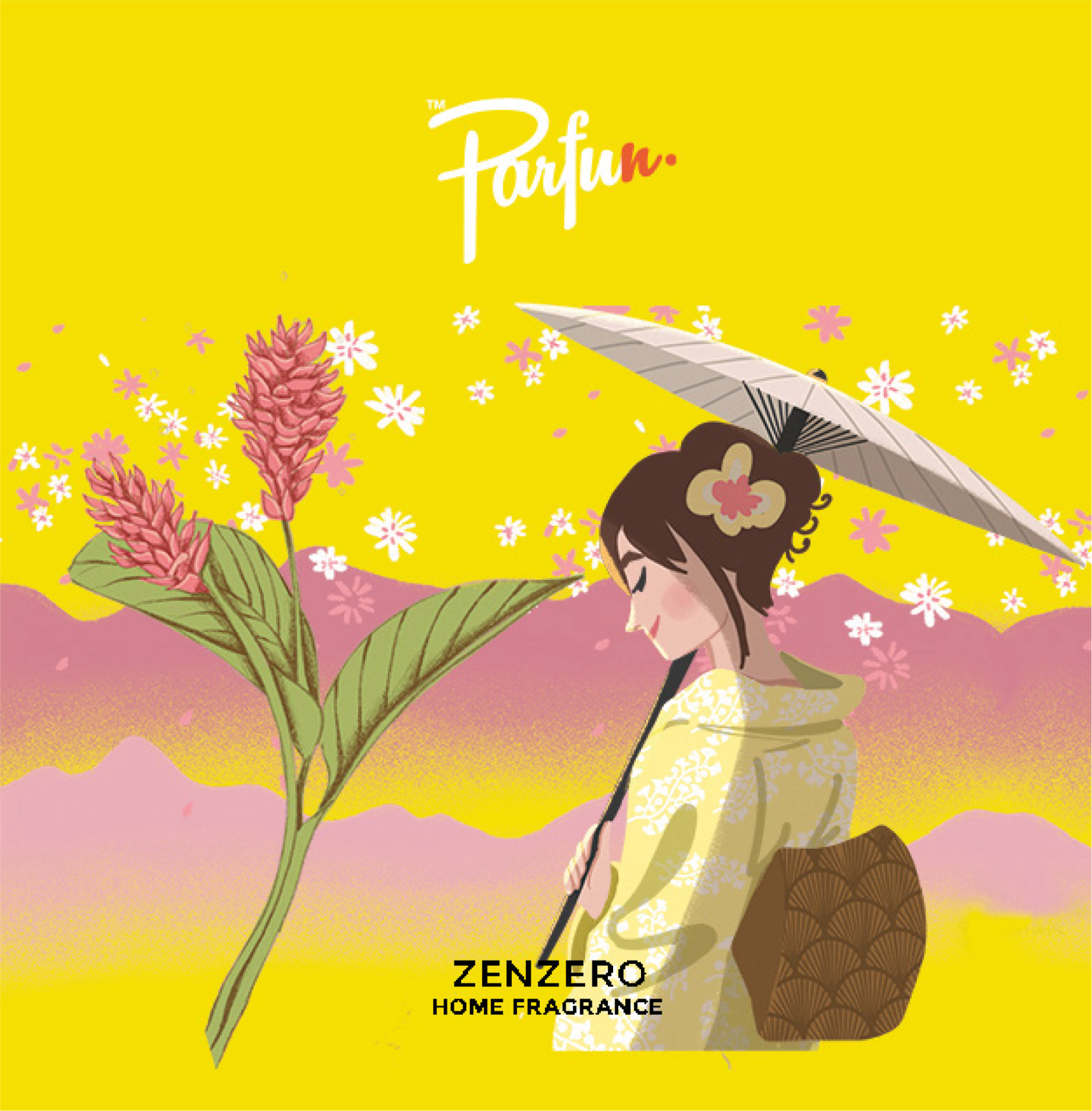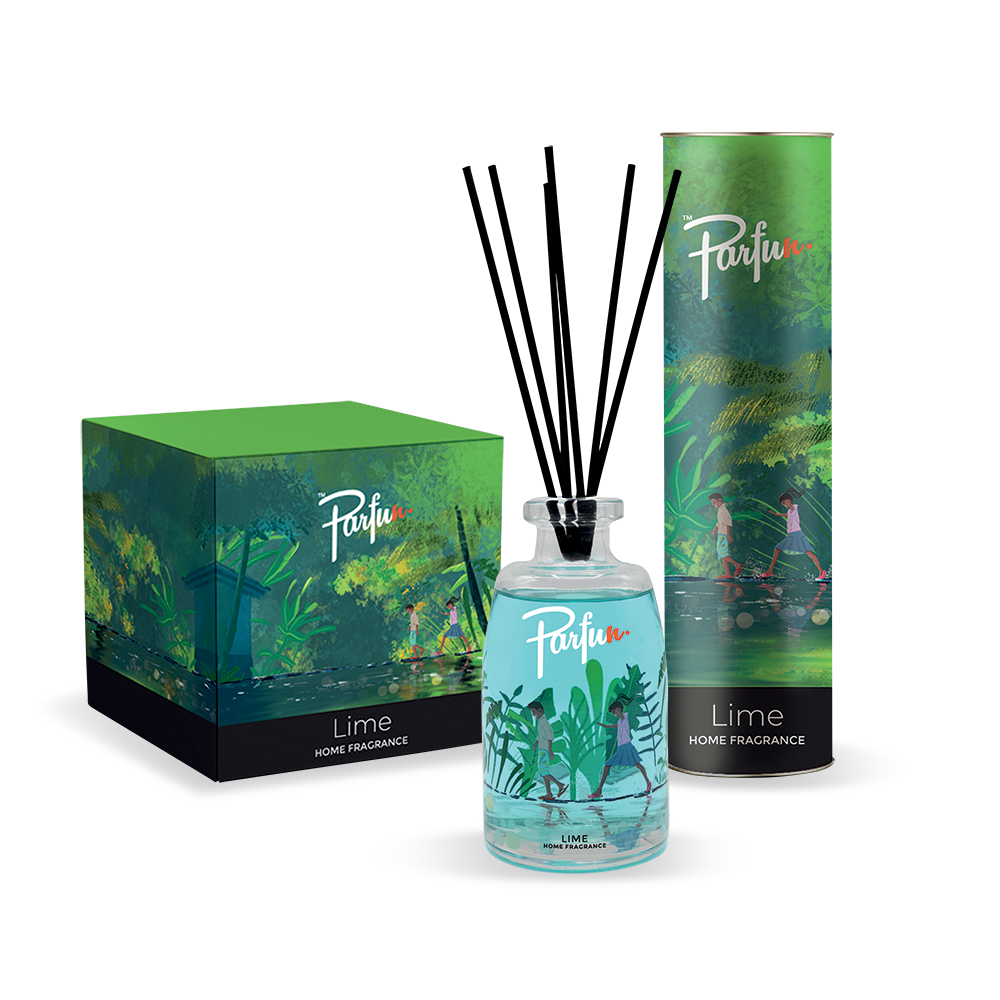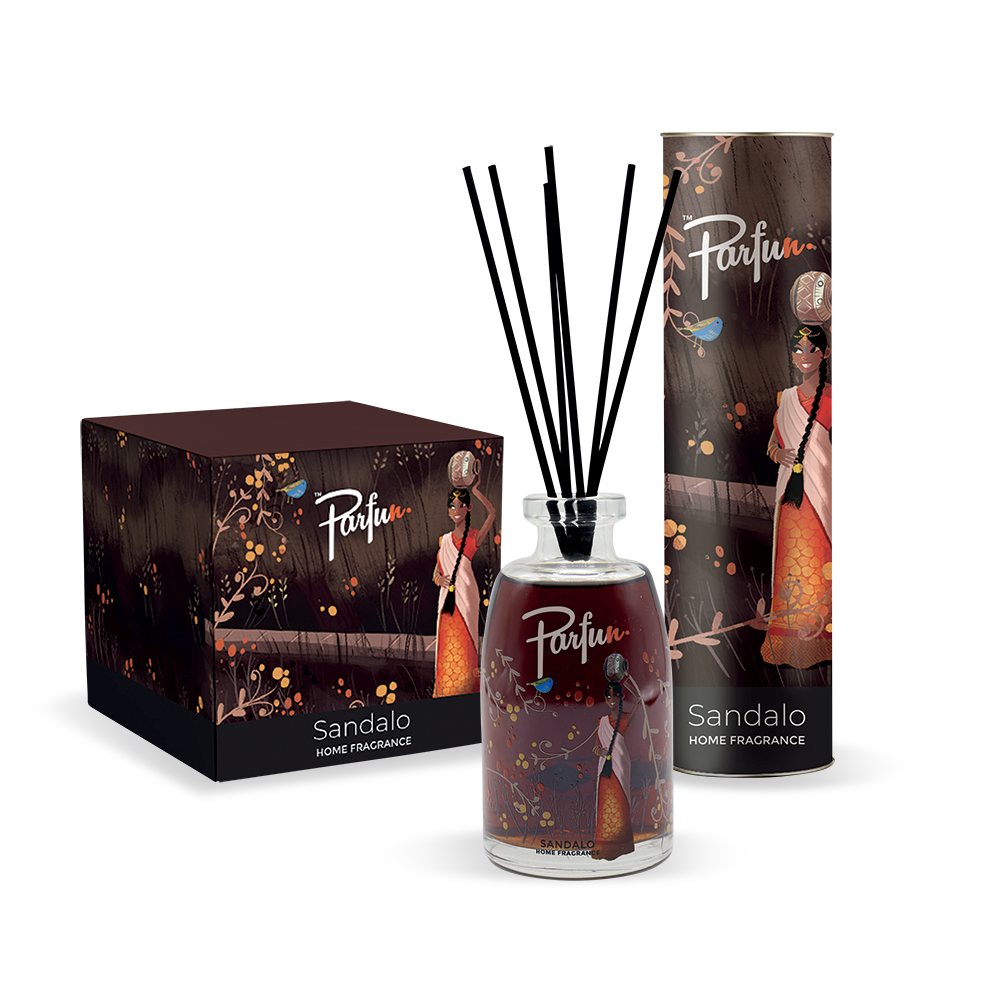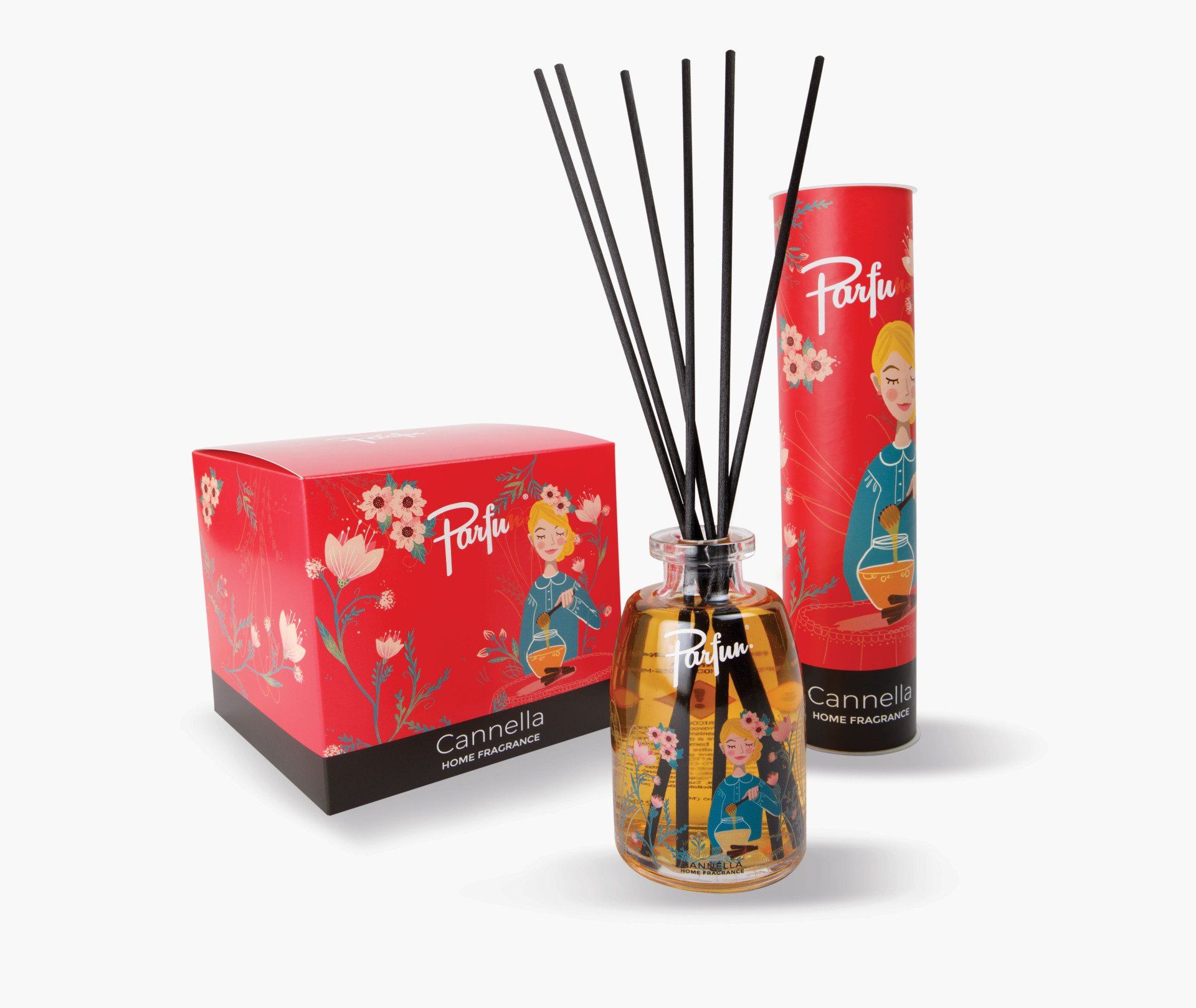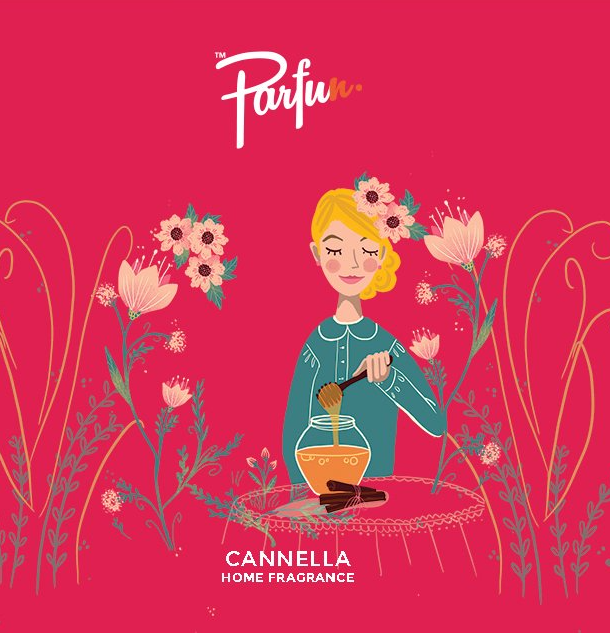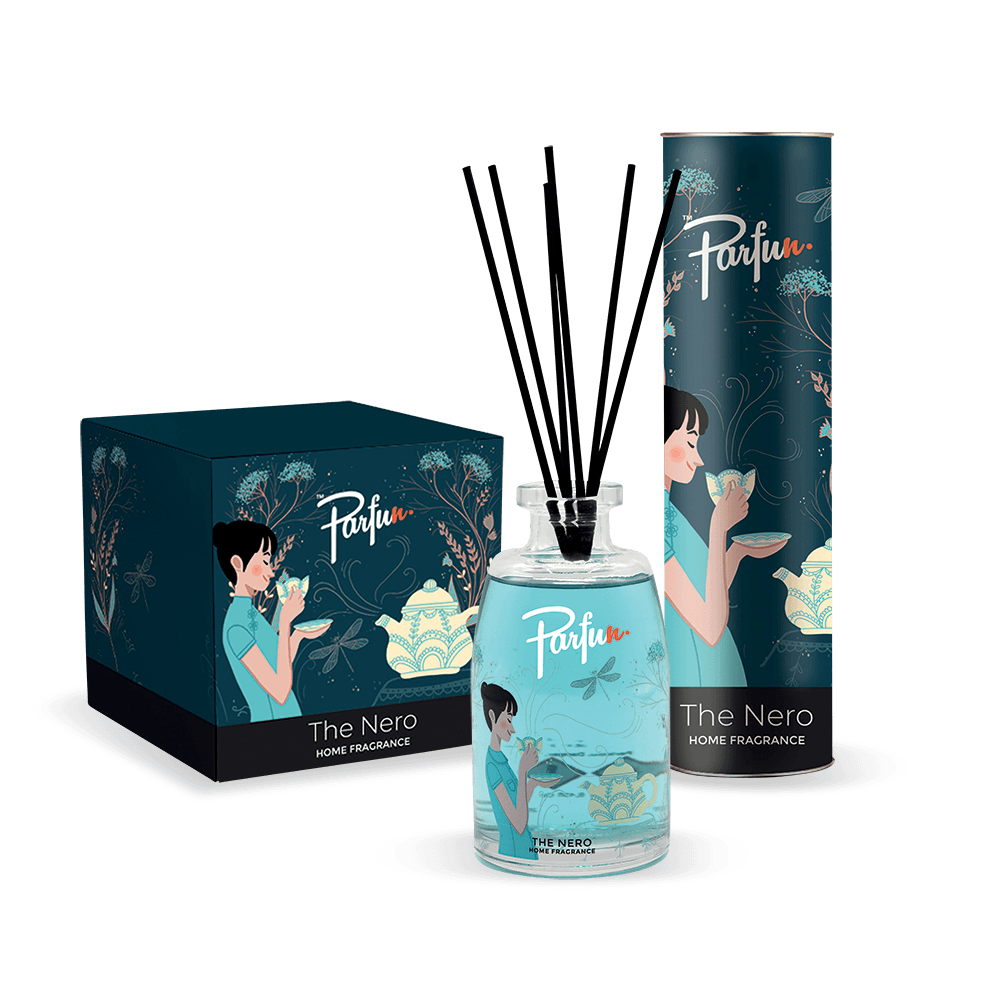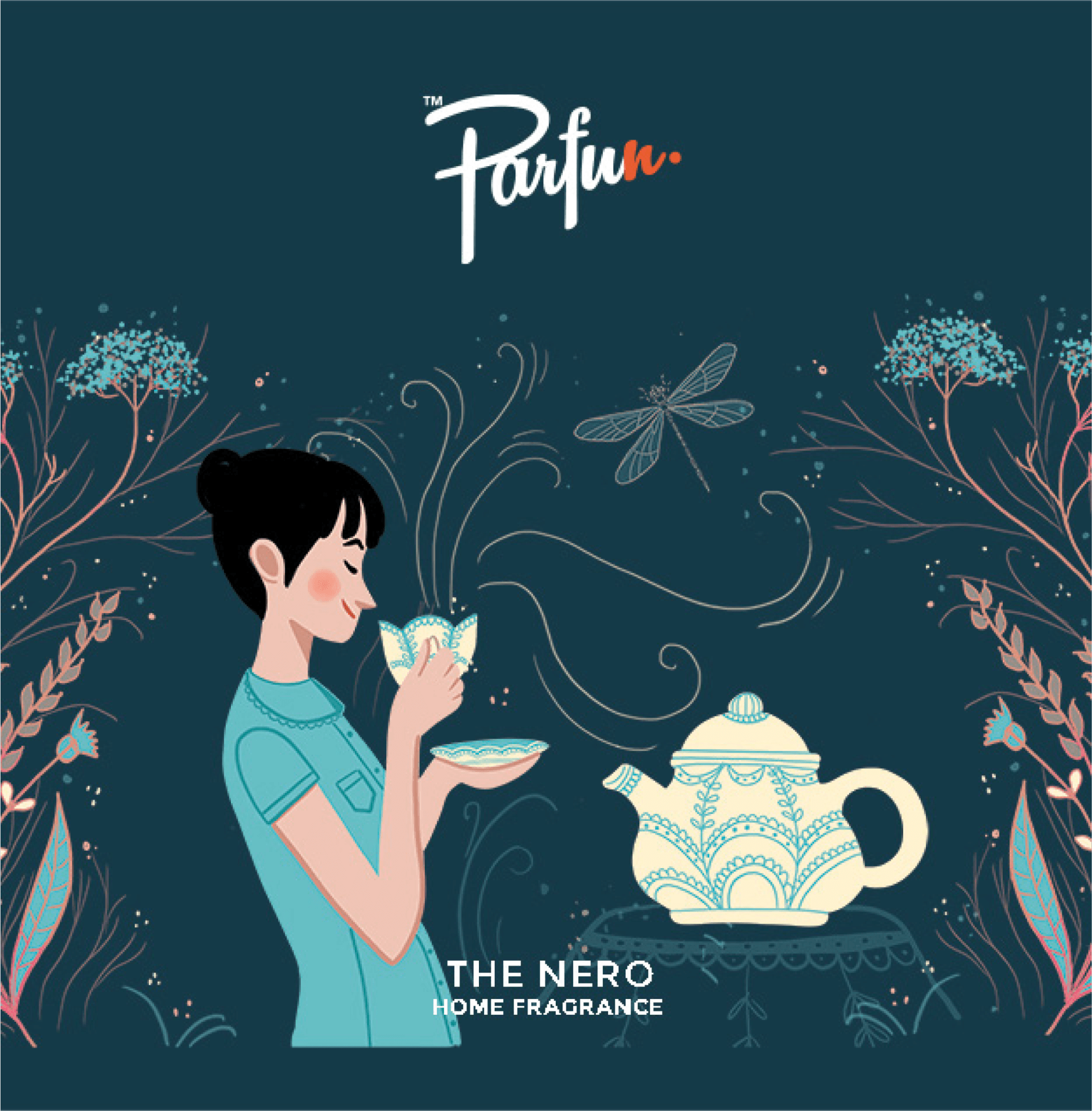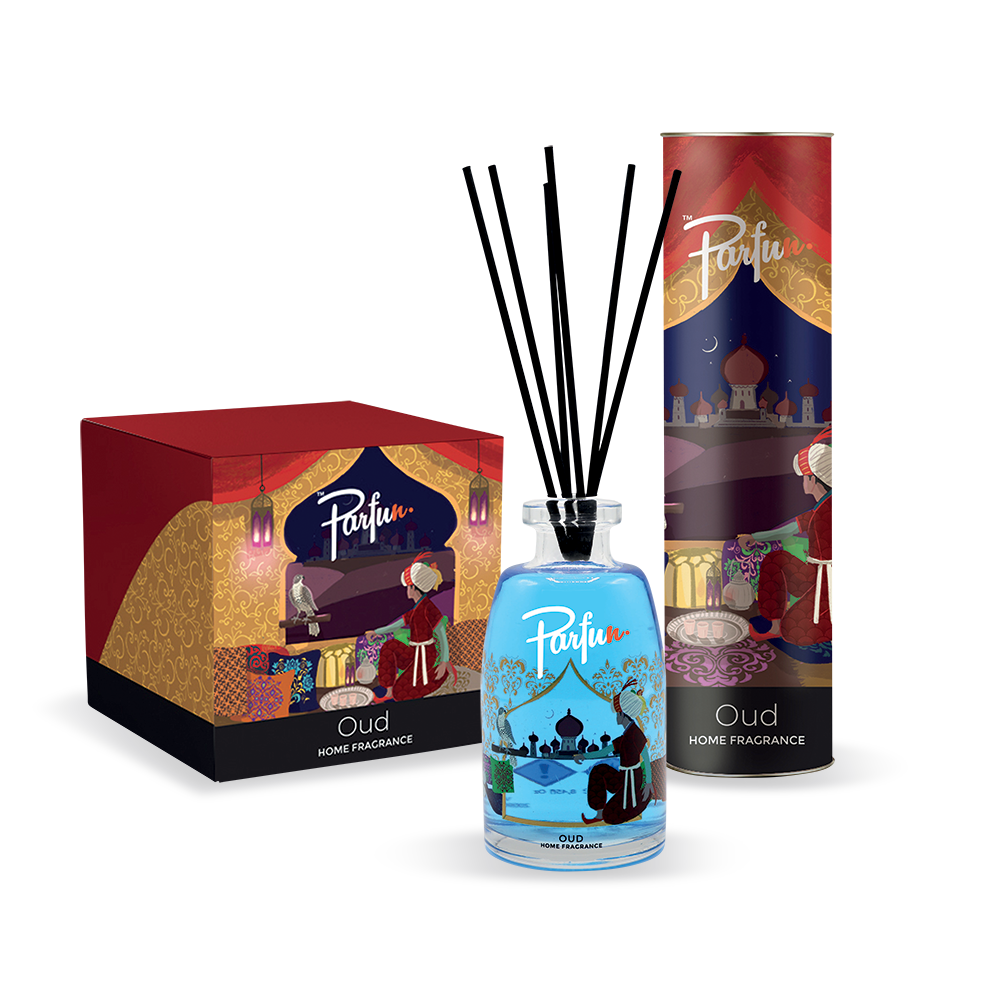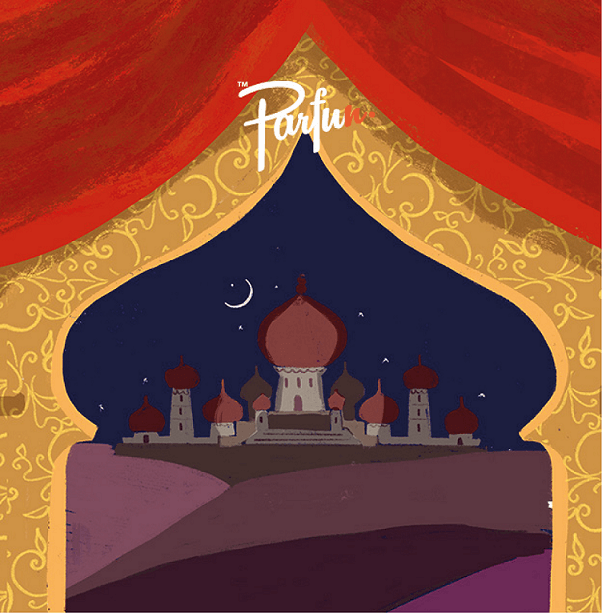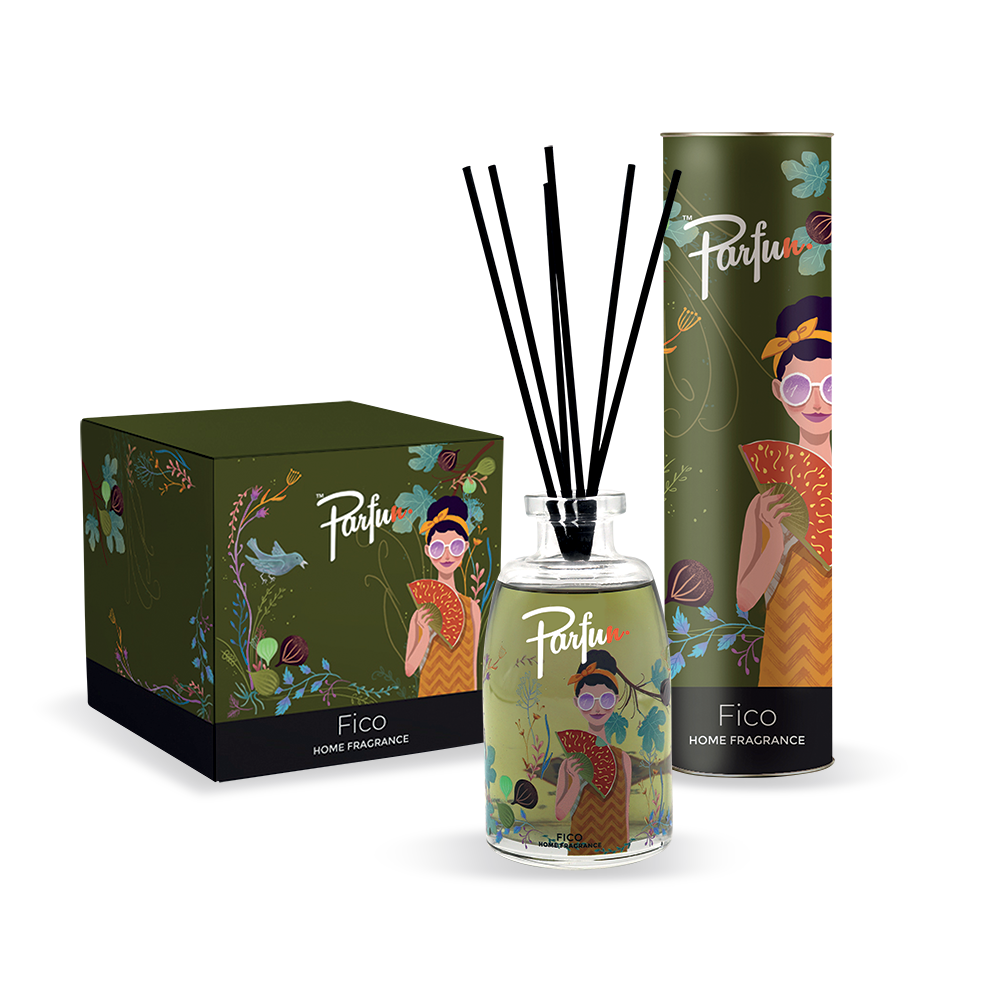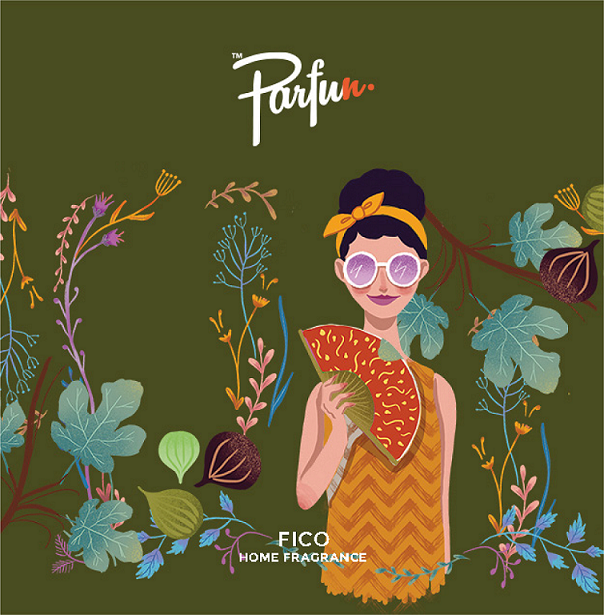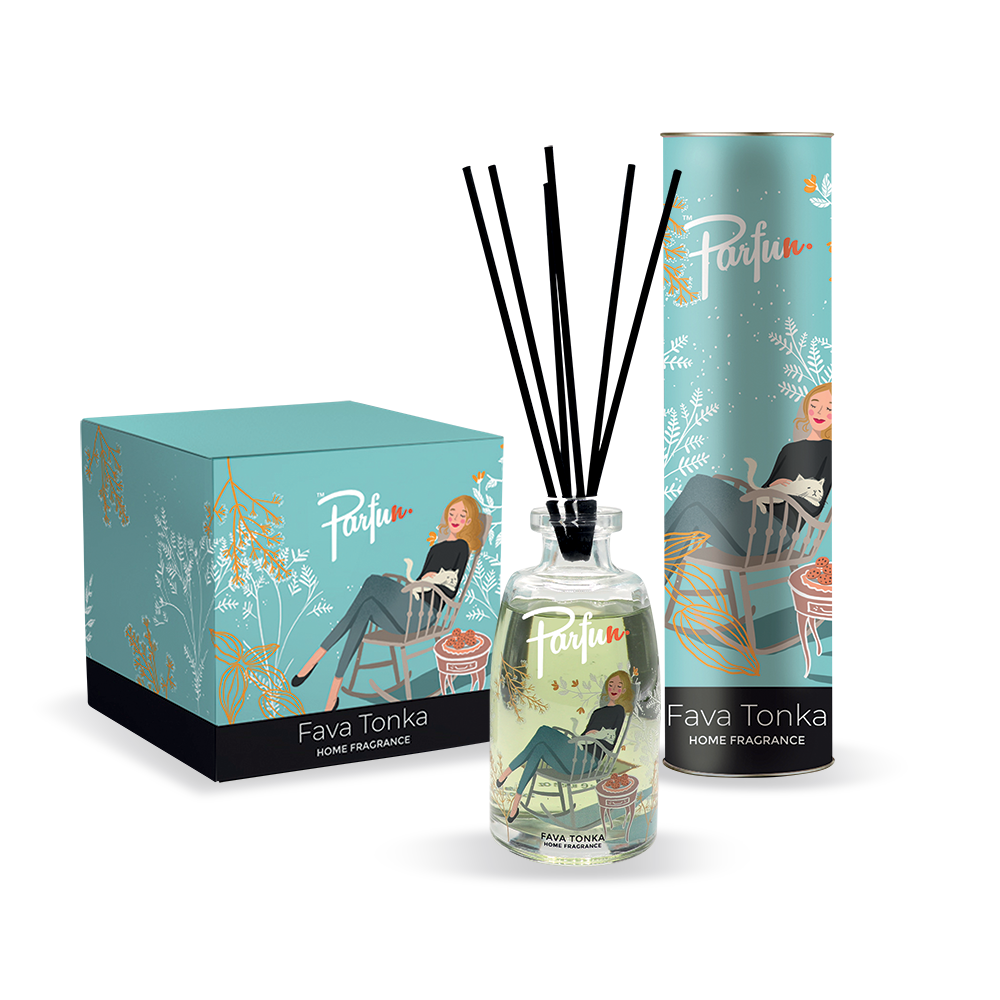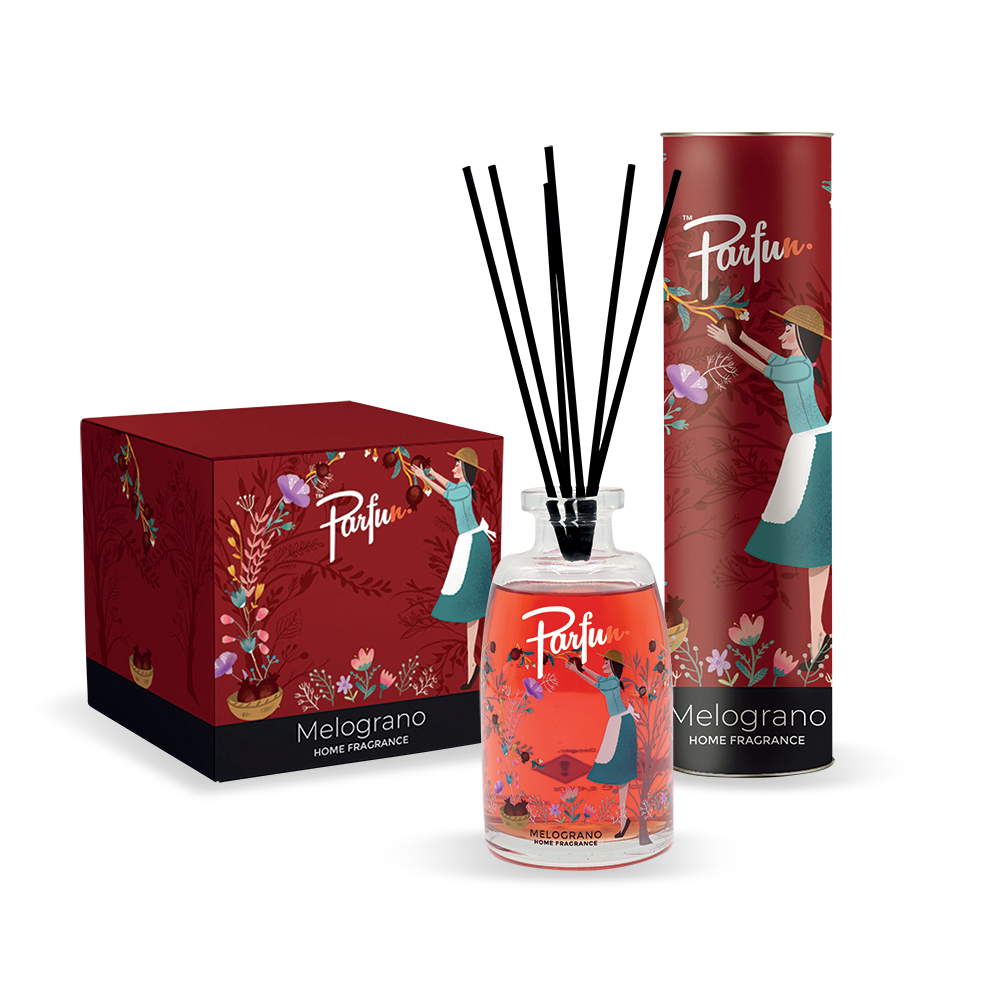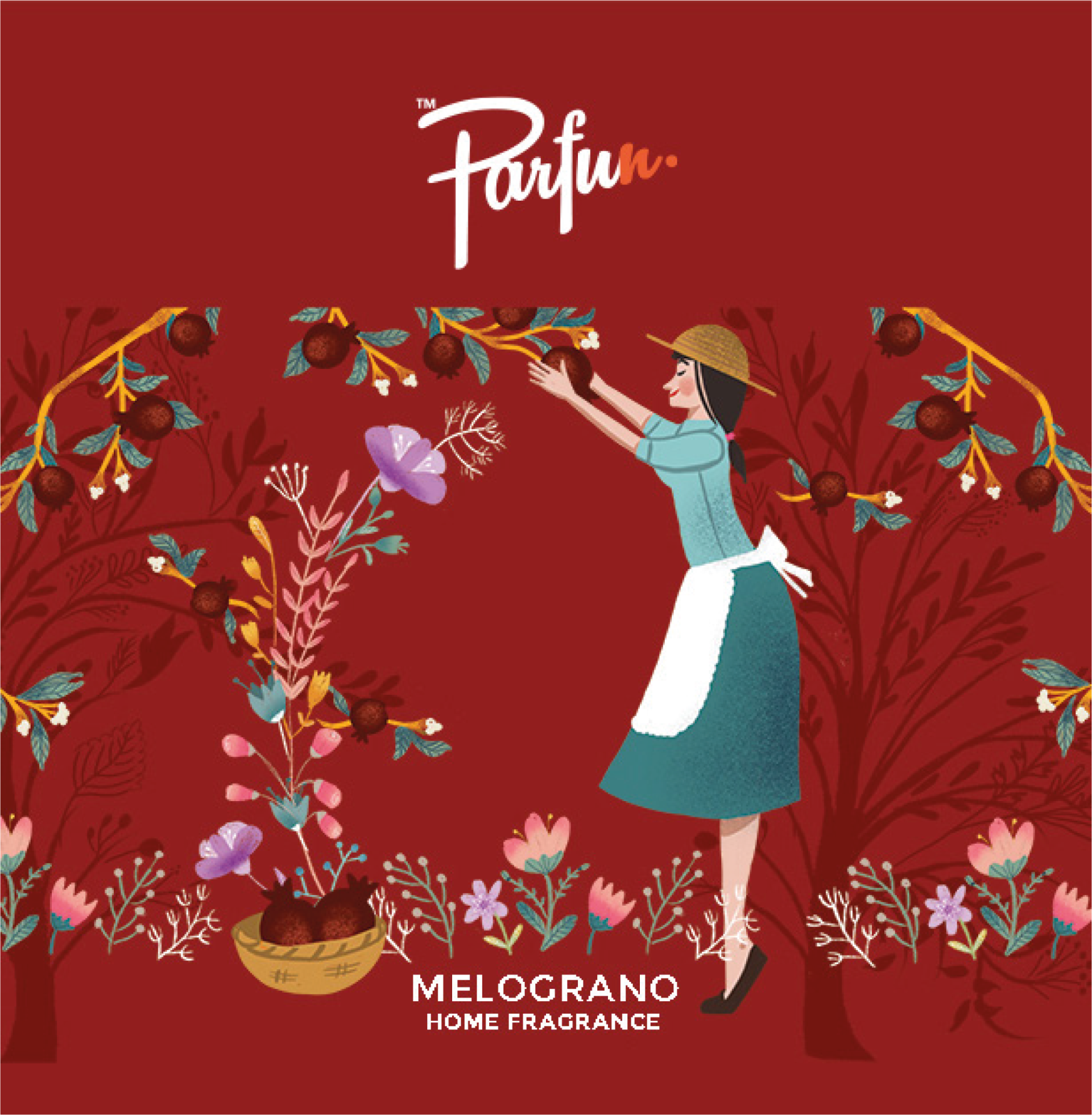PARFUN. / Fragrances
Ginger
The rich spice of the Far East: a root with magical healing properties
So, the legend goes: it was Alexander the Great who first imported ginger root from the Far East and introduced it to Greece.
In ancient times it was believed that, in addition to the healing properties still known today, ginger also had magical powers.
And so, it was used to brew love potions or to create spells that chased away bad luck.
In creating our fragrance, we thought about its millennial-long history and have created a fresh, yet enveloping fragrance.
Lime
Story of a successful union: the green lemon of Malaysia
It comes from distant Malaysia, which was its birthplace, but today it is cultivated
especially in South America, because it loves the humid tropical climate.
Not everyone knows that lime comes from the fortuitous crossing of a lemon tree and a cedar tree.
Our fragrance is lively with fresh citrus and floral notes.
Sandalwood
Between sacredness and peace of soul: the intense scent of India
Despite its 4,000 years of history, the essence of sandalwood only appeared in modern perfumery in the last century.
The use of sandalwood originated in India, where the trees took root in ancient times and now grow spontaneously.
Its success is linked to the belief that it can appease the rational part of the mind, allowing one to enter into a relationship with the more profound levels of one's being.
The fragrance we have created respects the warm, intense aroma of sandalwood. It is a resinous wood of great richness and body. Its persistent perfume evokes spiritual cleansing.
Cinnamon
The "spice of kings" of Sri Lanka: the oldest known spice
Cinnamon is actually an evergreen tree, and, unlike other spices, it is obtained neither from the seed nor from the fruit, but from the stem and twigs. The classic "parchment" shape of cinnamon is therefore 100% natural and is obtained by peeling these parts of the plant from the external bark.
In ancient times, in Italy, cinnamon was used in a ritual to ward off evil and it was blown from the outside to the inside of the house by women, as a defense against malice.
Our fragrance has a comfortable scent of home and serenity.
At the same time, it is intense and enveloping and suggests a mixture of traditions, images and memories.
Mandarin Orange
The citrus scent of Sicily, which came to Italy as an ornamental plant
Arriving in the Mediterranean only in the first half of the nineteenth century, the mandarin orange was originally admired as a "botanical curiosity".
But it is a fruit of ancient lineage, so much so that it has become the name of a language and the emblem of an elite. The term mandarins (from the Portuguese mandarim) was coined in the 17th century by Portuguese travelers to designate the wise imperial dignitaries of ancient China, from the color of their orange-gold robes, who interpreted the wishes of heaven and passed them on to the emperor.
The mandarin orange fragrance is delicately sweet and citrusy with slightly sparkling and purifying tones.
Black tea
The black gold of China: a 4500-year-long tale
According to an ancient Chinese tradition, it was Emperor Chen Nung, called the Divine Reaper, who drank the first tea in history.
Due to his obsession with hygiene, the emperor had ordered all the people to drink only boiled water.
In 2,737 BC, while Chen Nung was resting under the shade of a wild tea tree with his glass of boiled water, some tea leaves fell into the water giving it a golden color and an inviting scent.
The emperor tasted the drink, thus enjoying the first real cup of tea.
Our fragrance inspired by black tea is fresh, citrusy, and enriched with a woody base.
Old
The wood of the gods: the persuasive aroma of Arabia
Oud, also known by the name Agarwood, is a very precious resin from the Middle East.
Eastern culture often uses Oud during moments of prayer as an instrument of communion between man and God.
The extremely intense smell is linked to the sacred, in fact it is called "the wood of the Gods". Even mentioned in the Old Testament, Oud is full of character.
It is undoubtedly a fragrance that conveys a feeling of luxury and exclusivity. It is no coincidence that it is also called the perfume of A Thousand and One Nights.
We were inspired by this to conceive our fragrance with its woody scent rich in sweet notes with hints of leather and spice.
Fig
Sacred tree with remote origins: the pleasantness that has seduced men for millennia
Sacred tree of remote origins: A pleasantness that has seduced men for millennia.
A few years ago, an amazing discovery was made in Israel by two Harvard archaeologists: on a site inhabited 11,400 years ago near Jericho, nine small figs were found, testifying that this plant has very ancient origins.
Venerated in India as a sacred tree, the fig tree in Ancient Greece was the protagonist of many myths, often of an erotic nature. Also, for the Romans it became a sacred plant as well as the olive tree and the vine.
Publius Ovid Naso says that at New Year it was customary to offer figs and honey to welcome in the New Year with friends and relatives.
Our fragrance is fresh and majestic; it inebriates and envelops with very suggestive notes.
Tonka Bean
The mysterious seed from Venezuela: a dream raw material.
In its homeland, South America, the tonka bean is considered a good luck charm.
Following a rather complex ritual, which involves a river, tonka beans and a dried snake, it is believed that any desire can be fulfilled.
The fruits that contain the beans are similar to small mangoes. The seeds of the tonka bean are immersed in rum for a period of 12 to 24 hours and subsequently dried.
Our fragrance is rich, sweet, and enveloping with almond, vanilla and caramelized facets. It recalls the smell of cut hay left in the sun, a mixed sweet and herbaceous scent.
Pomegranate
The red berries of Persia: the fruits that inspired poets and painters
From D'Annunzio to the Song of Songs, from Shakespeare to Carducci, from Botticelli to Verdura, the blood red fruits of the pomegranate have inspired painters, poets, artists and writers over the course of 5,000 years of history.
Legend has it that its seeds, if eaten, bring good luck.
In the Bible, the seeds of this fruit are cited as good grains, and scholars of Jewish theology assume that the fruit of the tree of life in the Garden of Eden was a pomegranate and not an apple. The pomegranate also appears on ancient Judean coins as a sacred symbol.
Our sweet fruity fragrance recalls the taste of pomegranate grains crushed between the teeth.






